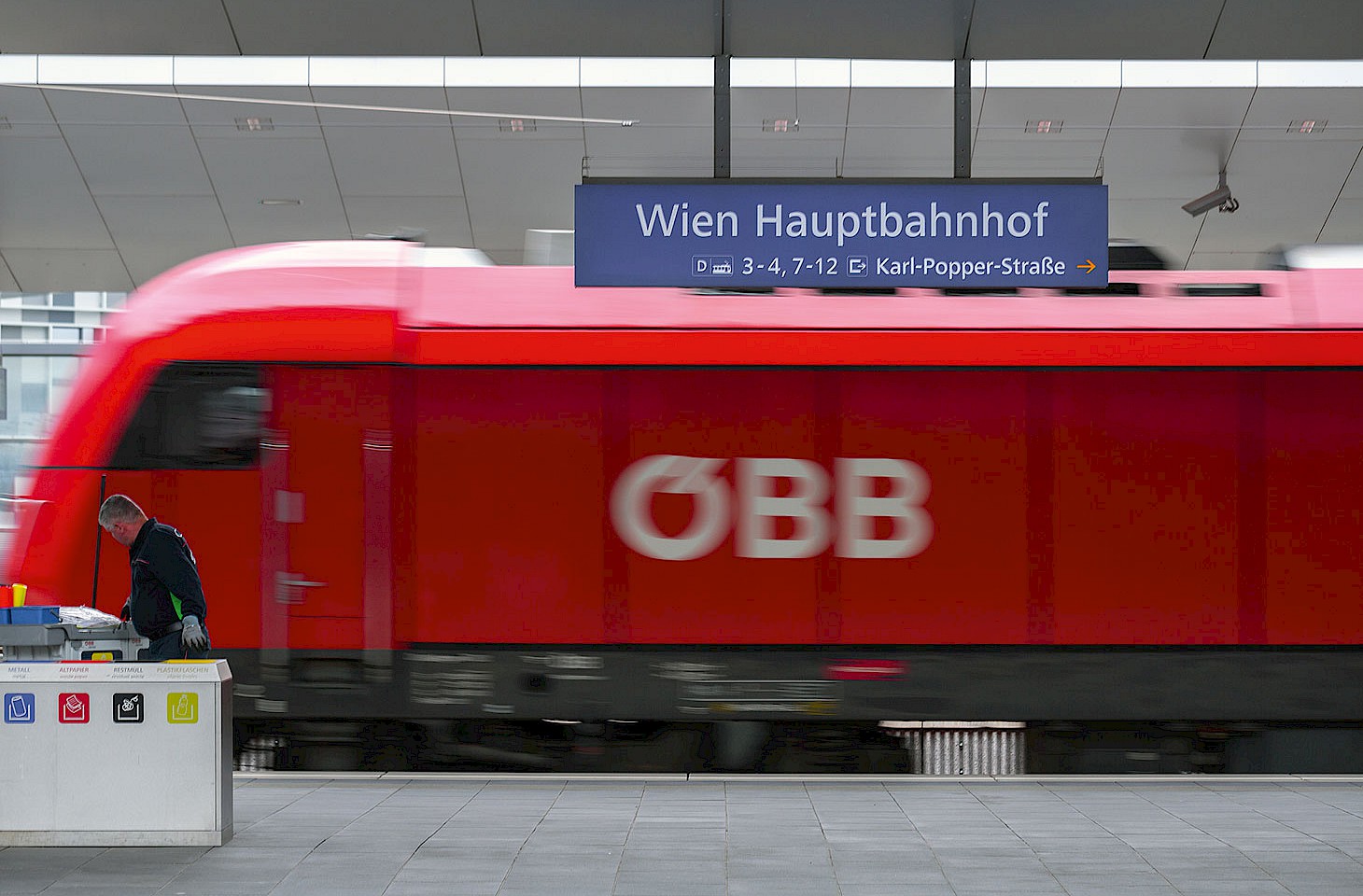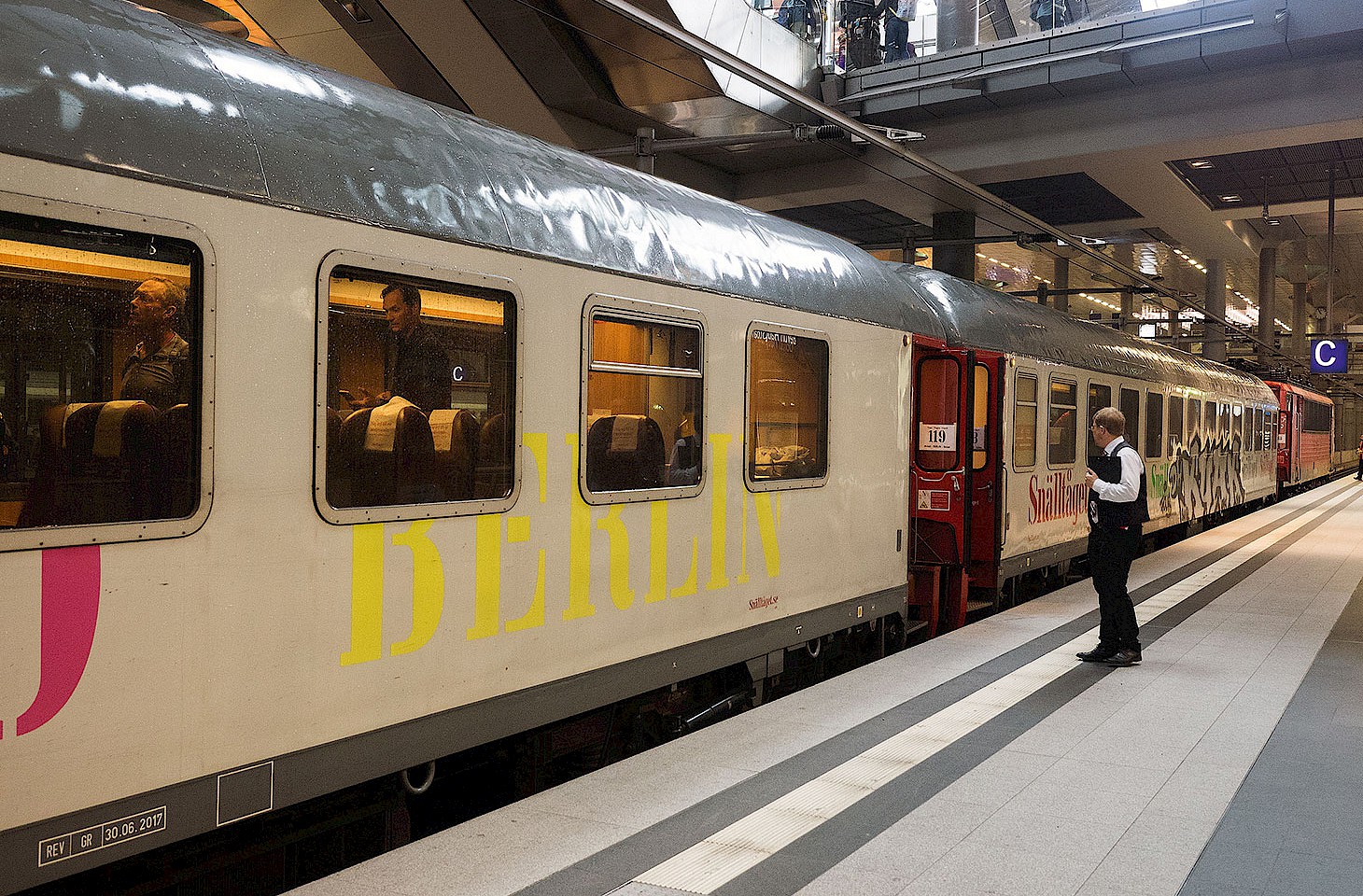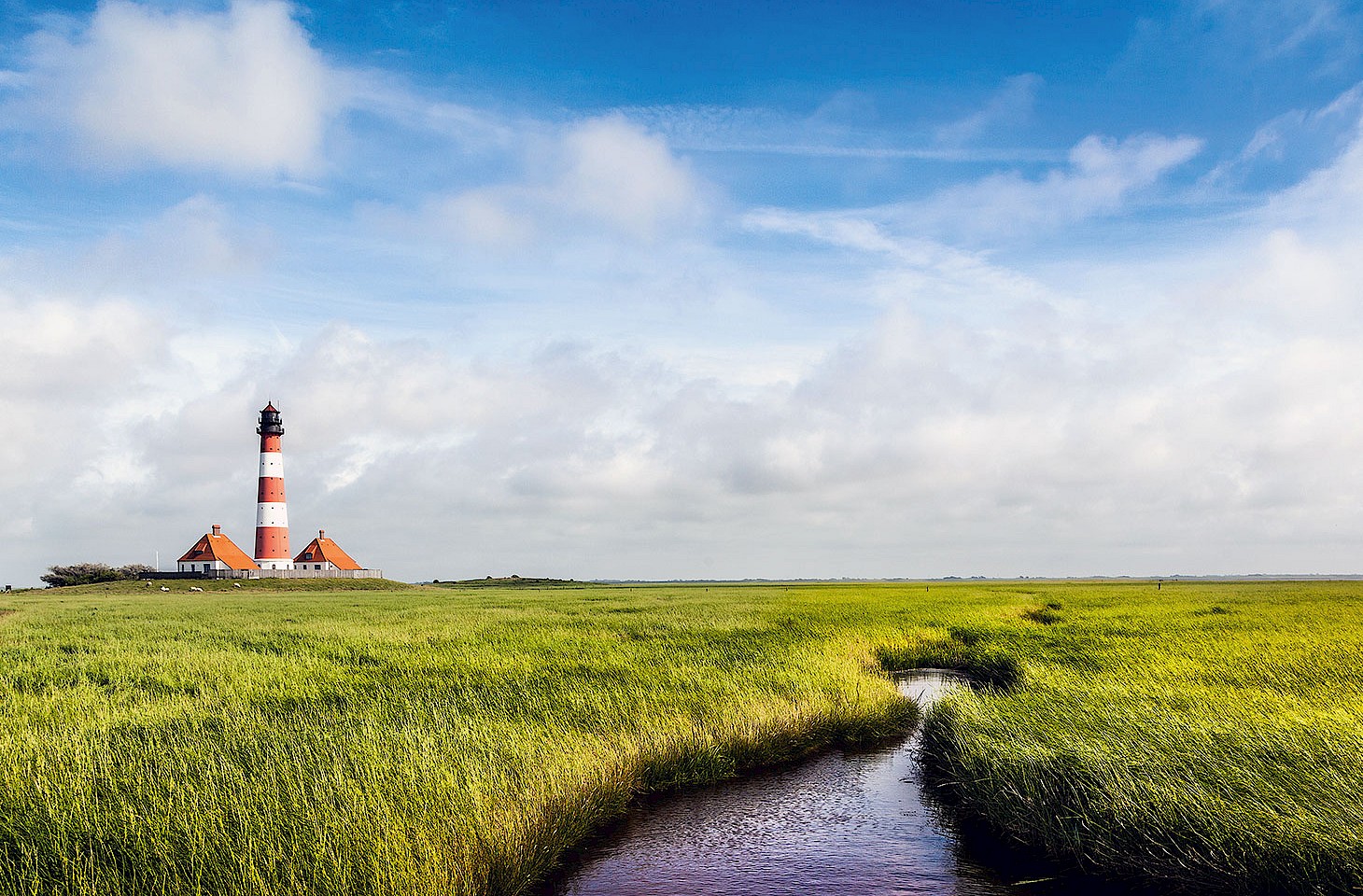A few days ago I travelled by train from the Berlin suburb of Lichterfelde to Ewell in England, just south of London. In total I paid €55 for the entire 15-hour train journey of 1393 km (which involved seven changes, so eight trains in all). True, I could have trimmed two or three hours off the journey time by taking a more direct route across Germany, but I was in no hurry and wanted to see something of the hill country of Thuringia along the way. And I purposefully travelled down the Rhine valley for the entire route from Mainz to Cologne, a really classic journey that takes in the Rhine gorge scenery so celebrated by nineteenth-century travellers and artists. Mermaids there were none as we passed the Lorelei, but it was still fun.
For journeys from anywhere in Germany to London, the lead-in rail fare is €49 one way booked on www.bahn.de. As I booked well in advance, I had no problem getting that fare. The Berlin to London ticket conveniently breaks down the fare into two components, that applicable for the journey within Germany (which includes an element of VAT) and the portion for the journey beyond the German-Belgian border at Aachen (which is VAT-free). The onward ticket from London to Ewell, purchased at St Pancras, was five pounds. That’s about €6. You can see a scan of the tickets above (click on the thumbnails to get the full view).
A few statistics (yes, yes, we descend into nerddome here) are very revealing:
| Route | Distance in km | Travel time | Average speed | Fare | Fare per km |
|---|---|---|---|---|---|
| Berlin to Aachen | 830 | 9 hrs | 92 kph | €5 | €0.006 |
| Aachen to London | 536 | 5 hrs* | 107 kph | €44 | €0.082 |
| London to Ewell | 28 | 1 hr | 28 kph | €6 | €0.214 |
I leave readers to draw their own conclusions from the above table. Of course that ridiculously low fare for travel within Germany (just €5 for a 9 hour journey) could not have been purchased separately. It was only available as an integral component of the €49 through fare from Berlin to London. If purchased well in advance, the budget-conscious traveller could have travelled my outward route from Berlin to Aachen (via Thuringia and the Rhine valley) for €29.
My return journey? Well, that’s another story. 2086 km from London to Berlin via Paris, Strasbourg and Augsburg. No €49 fare on that circuitous itinerary, I am afraid. But by purchasing two tickets, one from London to Strasbourg and a second for the onward journey from Strasbourg to Berlin (with a stopover in Augsburg), it is perfectly possible to make that journey for just €105 – just five cents per kilometre. If you make an overnight stop in Paris rather than Strasbourg, and still pause for a day or two in Augsburg, then the fare falls to €81.50 – less than four cents per kilometre.
Nicky Gardner
(hidden europe)




